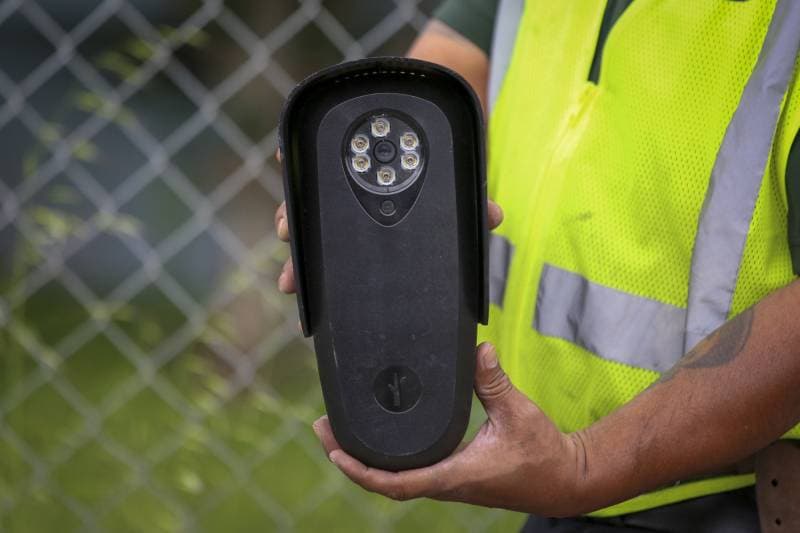San Jose ALPR Network, Nearing 235 Cameras, Aids in Theft Arrest

San Jose, California – The San Jose Police Department (SJPD) recently utilized data from Flock Safety’s automated license plate recognition (ALPR) system to identify a vehicle linked to a theft, leading to a high-speed pursuit and the subsequent arrest of a suspect. "Flock Safety license plate reader data enabled @SanJosePD to identify a vehicle linked to theft, triggering a high-speed pursuit that led to the suspect’s arrest," Flock Safety announced in a tweet regarding the incident. This event underscores the growing reliance on such technology in local law enforcement efforts.
Flock Safety's ALPR cameras capture objective vehicle data, including license plates, make, model, and color, creating a "Vehicle Fingerprint" that can be cross-referenced with hotlists of stolen vehicles or those associated with criminal activity. When a flagged vehicle is detected, the system alerts law enforcement, enabling rapid response and targeted investigations. This real-time intelligence aims to enhance the capabilities of police departments, particularly in addressing property crimes and vehicle-related offenses.
San Jose has significantly expanded its use of Flock Safety cameras, with Mayor Matt Mahan stating that the city aims to increase its network from 235 to 500 cameras by summer. Mahan has previously highlighted the technology's effectiveness, noting that the ALPR system contributed to approximately 200 arrests and the recovery of $2 million worth of stolen vehicles in 2023 alone. Police Chief Paul Joseph emphasized that these cameras provide crucial support for investigators, helping to identify and apprehend suspects and curb criminal activity.
Despite the reported successes, the widespread deployment of ALPR technology has raised significant privacy concerns among civil liberties advocates. Organizations like the American Civil Liberties Union (ACLU) and the Electronic Frontier Foundation (EFF) argue that these systems create massive logs of innocent citizens' movements, constituting mass surveillance. San Jose's policy of retaining ALPR data for one year, longer than many other jurisdictions, has been a particular point of contention, increasing the risk of data misuse or breaches.
The debate surrounding ALPR technology balances public safety benefits against potential privacy infringements, with ongoing discussions about data retention periods and sharing protocols. While law enforcement agencies assert the technology's vital role in crime solving and prevention, privacy advocates continue to push for stricter regulations and greater transparency to safeguard civil liberties in the face of expanding surveillance capabilities.